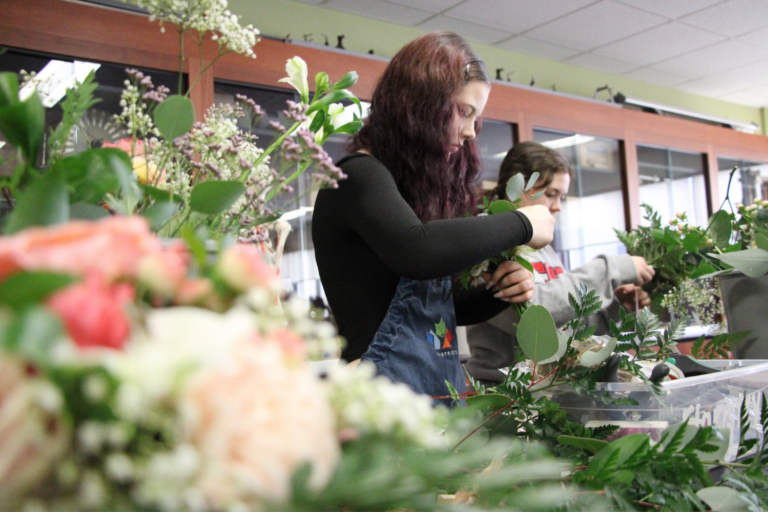
When you’re building a new house, you first need to ensure that you’re installing your home on a concrete foundation with the best soil conditions. You then get to watch the different phases of your house as they are completed to create your final home. Just like building a new house requires a strong, concrete foundation to keep it firmly planted; children also need a strong childhood foundation as it is a critical time in their lives. Childhood is a time when children start developing new skills and interests and get to stretch their wings. In this article, you’re going to learn why early childhood care and education, also known as ECCE is important, and why you should pursue it for your little ones.
It’s Not Just About Academics
Many people think that early childhood education is just about learning the alphabet and numbers, however, it’s so much broader than that. Children don’t just learn basic skills during that time; they acquire skills including:
- Social Skills: they get to play with other kids and form social relationships
- Emotional skills: they start recognizing their feelings and emotions, allowing them to communicate and enhance problem-solving skills for the future
- Cognitive skills: they become exposed to academics, and learn phonological and cognitive skills
Children start to interact with teachers and children of their age, developing skills they never would have developed had they stayed at home instead of starting their educational journey. According to the United Nations Educational, Scientific and Cultural Organization (UNESCO), early childhood education and care is not merely a preparation for primary school, but rather a holistic development of an infant’s cognitive, social, physical, and emotional needs. This holistic development aims at building a solid foundation for the rest of their lives, nurturing responsible, educated, and caring future citizens.
Another important thing are social skill, you can check Social Emotional Learning Books to help you develop your child’s social emotional skills. These books will teach children how to manage their emotions, build positive relationships, and make responsible decisions.
Building Trust
When children meet their teachers every day, they start to get comfortable and build trust with them. When they start trusting people around them, this facilitates the learning process and helps teachers supplement parenting efforts, especially if they’re working parents. That is why teachers must know all their students’ interests, make them feel at ease, give them attention and encourage them so that they learn much more quickly. Teachers can make a long-standing impact on children’s lives, we all probably remember our kindergarten and elementary school teachers who showered us with love and care. Don’t forget that a teachers’ role in early childcare isn’t enough, parents should stay involved as well, and teachers should work with them closely. Dr. Jessica Alvarado, an academic BA director in Early Childhood Development at National University, states that when there’s a partnership between families and teachers, this can greatly influence the child’s life and make the learning process considerably more successful.
The Child’s Brain
Children’s brains develop more than any other stage of their lives in the first 5 years of their lives. Around 90% of brain growth happens before the age of 3, and then it is fully grown by the time they’re in kindergarten. That is why it is fundamental to take advantage of this stage through early childhood care and education. Children are dependent on their family and first teachers during these years of their lives to nurture them and help them develop the right skills and meet the world. Caregivers can support healthy brain growth by providing children with a safe environment with a plethora of opportunities to learn, explore, and play. Children learn best when their interests are evoked, which is why teachers and professionals teach children by exposing them to songs, books, and stories that can develop their language skills and help them gain knowledge. So early childhood education can definitely enhance children’s brain development and prepare them for school.
Speech
Many parents face problems when their children aren’t talking by the age of three. They then start taking them to specialists, embarking on a rollercoaster of speech therapies and long courses of antibiotics. ECCE can help parents avoid this problem, as children will have an awareness of their surroundings from early on, the child’s vocabulary depends on how often they communicate with people, and how adults talk to them. Children who don’t receive early education are addressed like babies until they have a school evaluation and still can’t form coherent words or sentences.
Early childhood care and education is a challenging experience for both parents and their children. It’s when children leave their nests for the first time and start learning from people other than their parents. Although challenging, ECCE is of utmost importance as it is the beginning of their educational journey, and will allow them to grow, develop, and gain confidence in their skills and the people around them.













